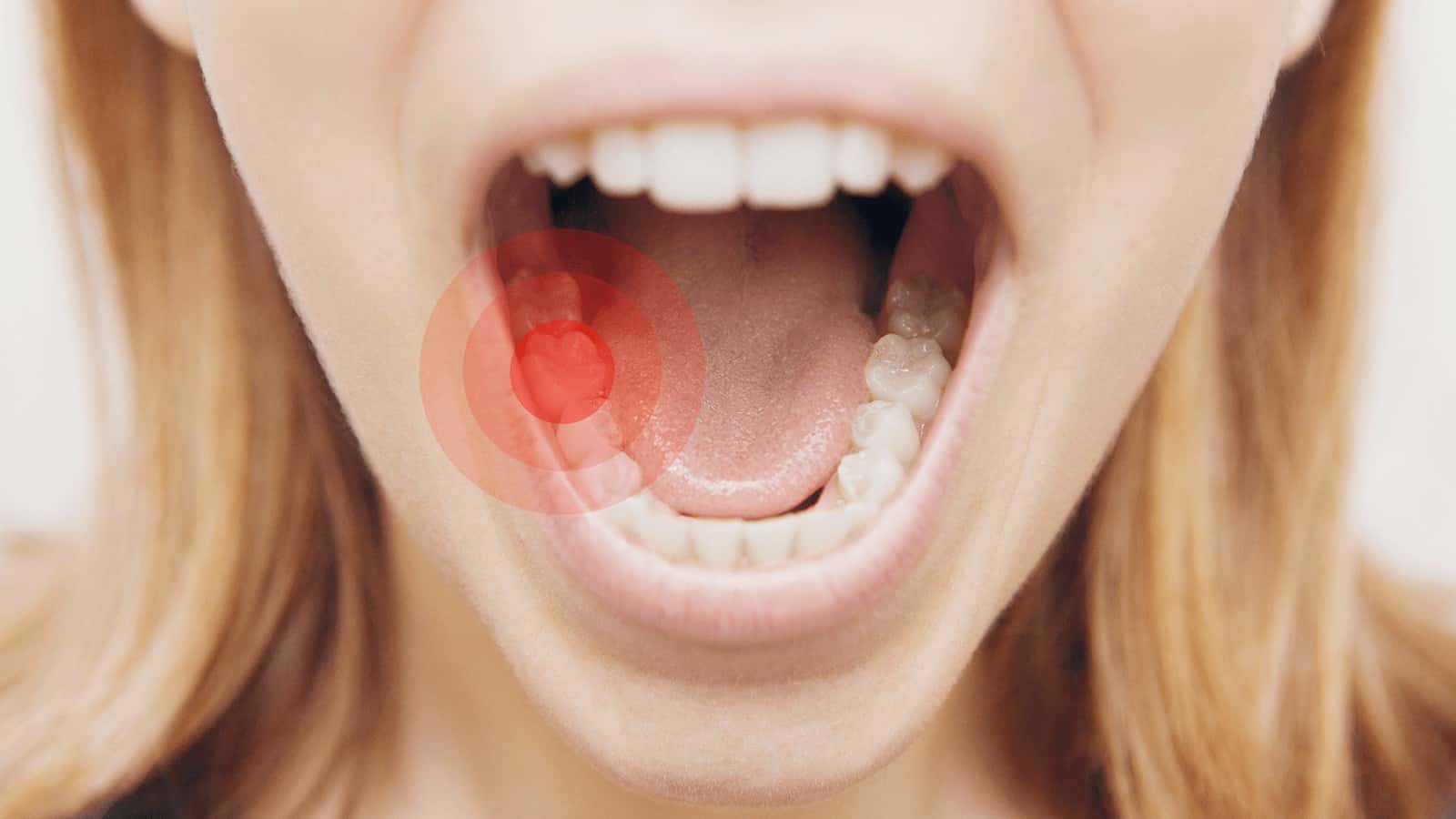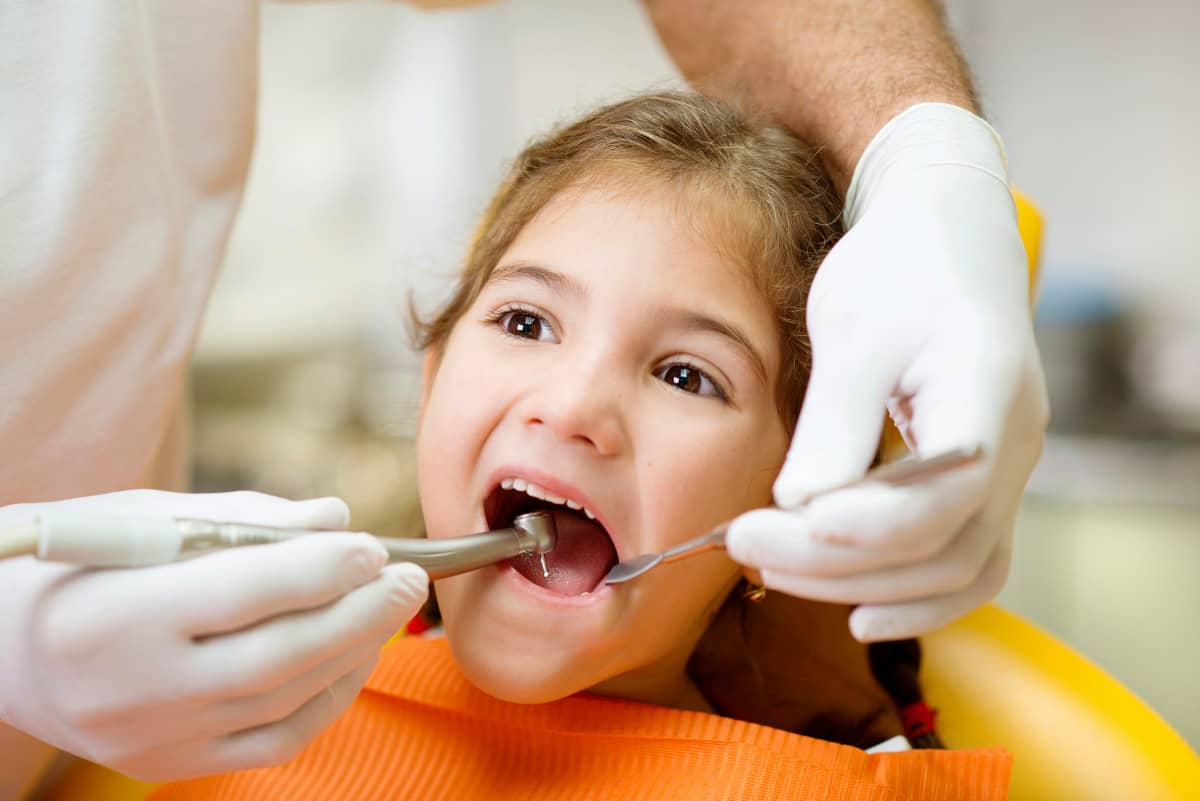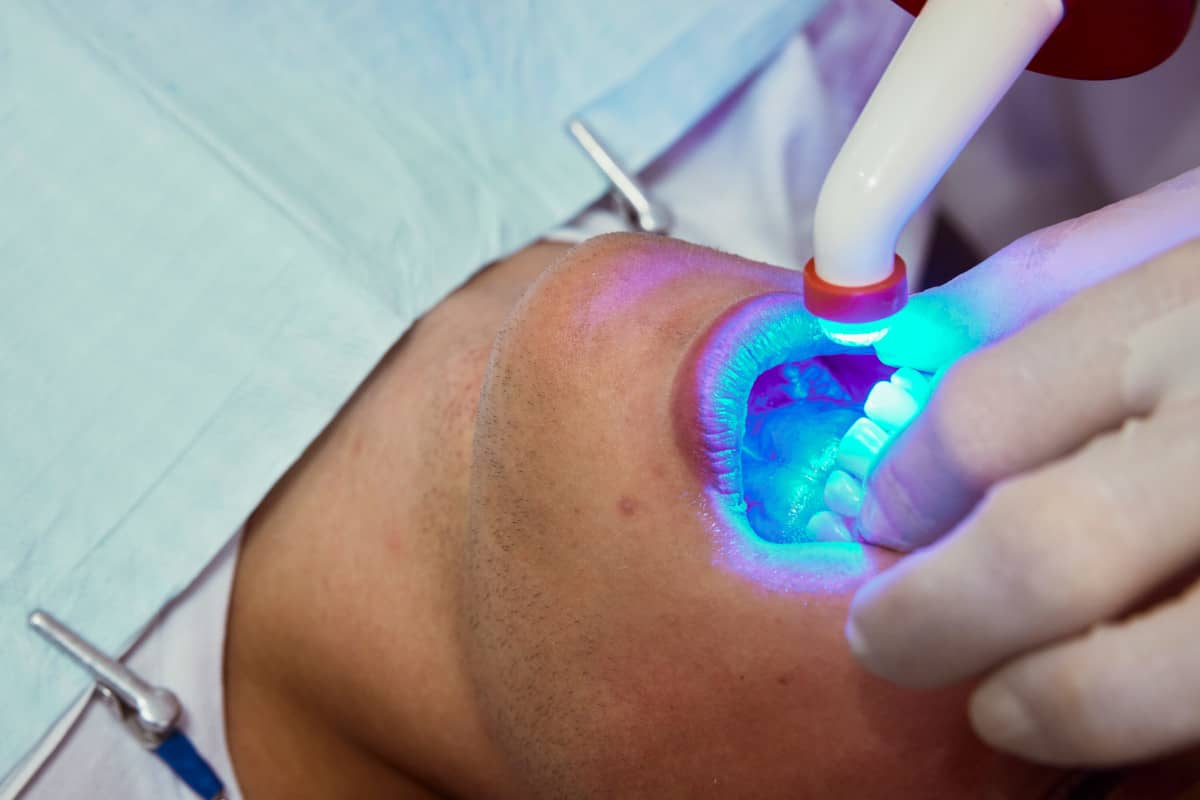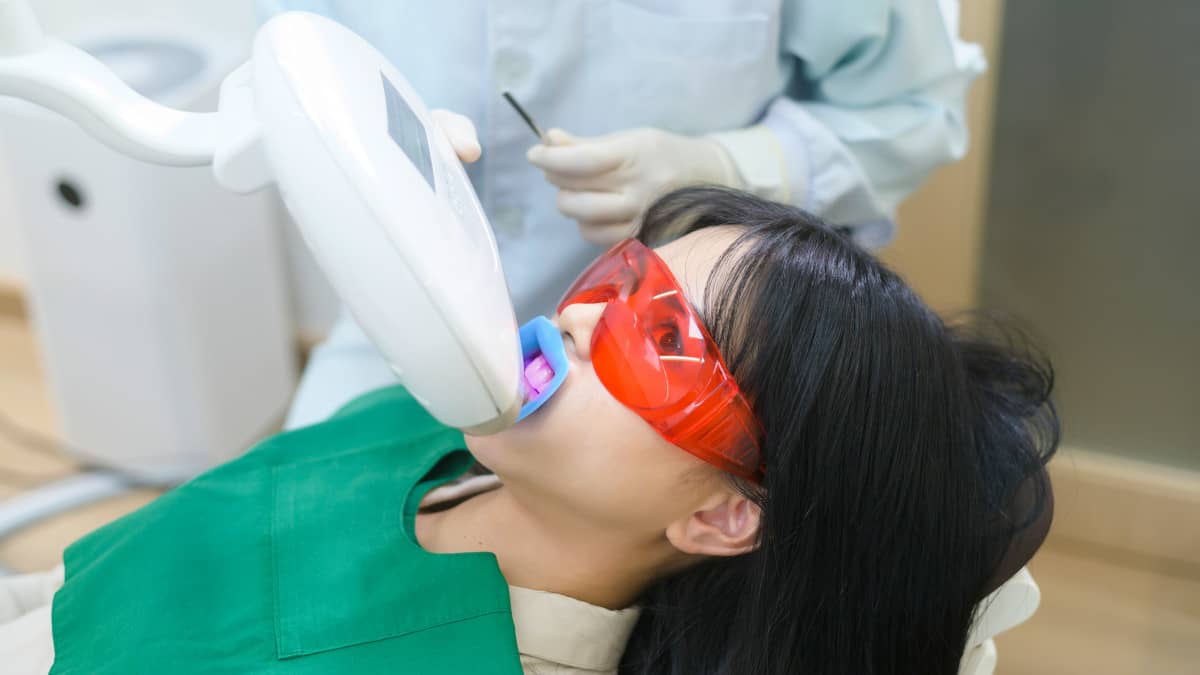
Wisdom teeth: when to remove them, complications and treatments
For many, wisdom teeth are synonymous with pain and suffering. However, at Emardental we would like to explain what they are, when to remove them, why and how.
Wisdom teeth are the third molars located at the back of the mouth and are important because they help to grind and chew food to facilitate digestion. They can also play a role in maintaining the shape of the jaw and the balance of the teeth. However, in many cases, wisdom teeth can cause pain, infections, cysts or tumours. These are warning signs that they may need to be removed.
- Possible causes of wisdom tooth pain
- Wisdom teeth removal
- Treatment for impacted wisdom teeth
Possible causes of wisdom tooth pain
Impacted wisdom teeth are the last adult teeth to erupt in the mouth. Most people have four wisdom teeth in the back of their mouth; two at the top and two at the bottom.
They appear when there is not enough room for them to erupt or grow normally. It can be due to a number of different factors: the shape of the jaw, the size of the teeth and dental development.
Symptoms include pain or stiffness in the jaw near an impacted tooth, pain or irritation caused by a tooth erupting at an awkward angle and rubbing against the gum, red or swollen gums around the affected area, and tender or bleeding gums.
When wisdom teeth are erupting, symptoms may include red or swollen gums, tender or bleeding gums, swelling in the area around the jaw and jaw pain.
Wisdom teeth removal
It is important to know that wisdom teeth do not always need to be removed. For example, we will not remove them when they are healthy, when they are fully grown in, if they have the right position and the bite with the opposite tooth is correct and if they can be completely cleaned in the daily hygiene routine.
However, removal of wisdom teeth may be necessary if pain, repeated infections or decay are experienced. Wisdom teeth usually erupt between the ages of 17 and 26, but may be more difficult to remove as a person ages.
Treatment for impacted wisdom teeth
Treatment for impacted wisdom teeth usually involves surgical removal. During surgery, the dentist or oral surgeon makes an incision in the gums and removes any bone blocking access to the root of the tooth.
Common symptoms after wisdom tooth removal include excessive bleeding, fever, severe pain that is not relieved by prescription painkillers, swelling that worsens after two to three days, dry socket and possible infection.
To alleviate symptoms prior to surgery, it is recommended to apply cold compresses to the cheek for 15-20 minutes at a time and gently rinse the mouth with warm water. However, if you feel any of the pain described above, it is recommended that you make an appointment so that a proper diagnosis and treatment can be made.
Make an appointment at Udemax Clinics and choose the location that best suits you: Udemax in the outpatient clinics of Policlínica Juaneda, in Arcdental or in Emardental, your clinic in the centre of Palma. For more information, call us on .




